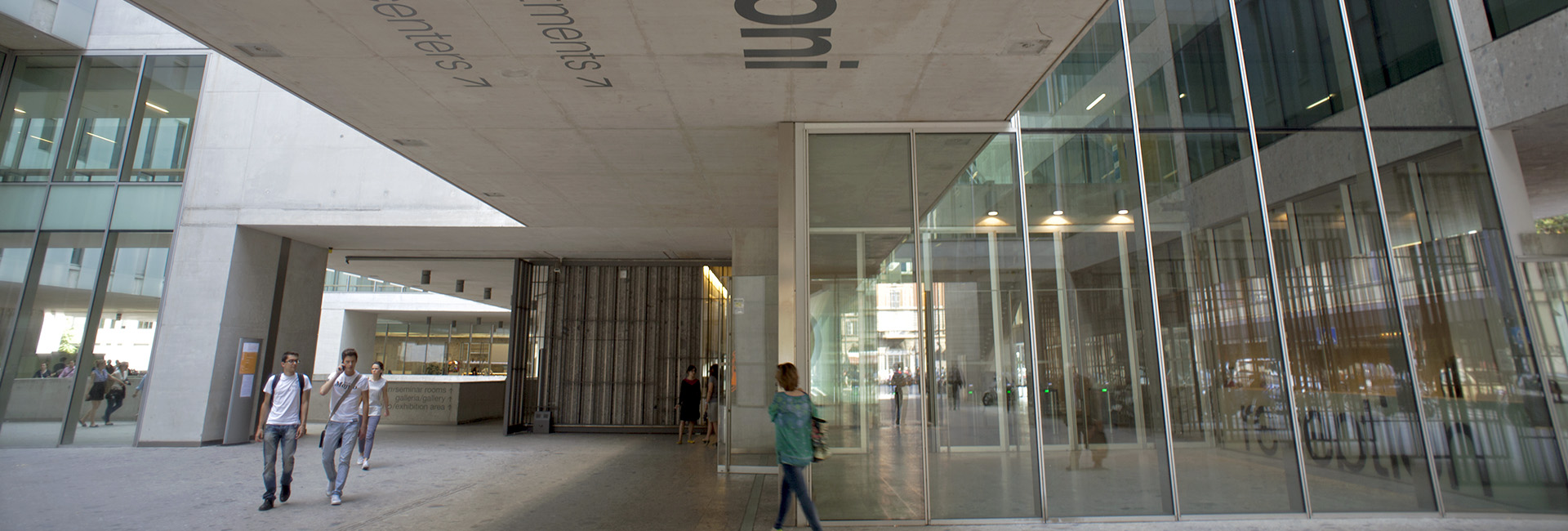20604 - STOCHASTIC PROCESSES
Course taught in English
Go to class group/s: 31
Synchronous Blended: Lezioni erogate in modalità sincrona in aula (max 1 ora per credito online sincrona)
The course is self-contained, though prior knowledge of the contents of an intermediate Probability Theory course may be helpful.
The course introduces students to advanced topics in modern Probability Theory that are essential for modeling time dependent random phenomena. The first part focuses on some introductory topics on measure-theoretic probability that include expectations, independence, classical limit theorems, conditional expectation and conditional probabilities. The second part focuses on discrete and continuous time stochastic processes that are relevant in Statistics and Machine Learning applications.
- Probability spaces, random variables and random vectors. Expectations. Independence.
- Convergence of sequences of random variables. Limit Theorems.
- Conditional expectations in L1 and in L2 spaces. Conditional probabilities.
- Constructions of stochastic processes. Some examples: Markov chains and Gaussian processes.
- Filtrations and stopping times. Martingales.
- Poisson random measures.
- Lévy processes.
- Brownian motion.
- Deal with advanced mathematical tools that lie at the foundations of modern probabilistic applications in Data Science.
- Gain a deep understanding of stochastic models that are used to describe complex dependence structures occurring in real world applications.
- Profitably attend graduate courses on advanced topics in Statistics and Machine Learning.
- Address modeling of the time evolution of random phenomena in a rigorous probabilistic framework.
- Master the interplay between probability theory and advanced modeling tools used in Statistics and Machine Learning.
- Face-to-face lectures
| Continuous assessment | Partial exams | General exam | |
|---|---|---|---|
| x | x |
The assessment consists of two oral individual exams and may be structured as follows
1) Two partial exams
- 1st partial exam on the first part of the course, which coincides with topics 1-4 in the course content summary
- 2nd partial exam on the remaining topics 5-8 in the content summary, at the end of the course,
or as a
2) General exam at the end of the course, on the whole program.
- In either case, the weights applied to marks of the 1st part and of the 2nd part are equal to 0.4 and 0.6, respectively, for determining the final overall mark.
- If one passes the 1st partial exam, then they can take 2nd partial in any of the two dates of the winter exams session.
- In the September session only the general exam can be taken
- The exam aims at ascertaining students’ understanding of the stochastic processes theory and of the specific examples that are developed during lectures for illustrating the applications of the most relevant mathematical results.
- There are no different assessment methods or exam programs for attending and non-attending students.
- E. CINLAR, Probability and Stochastics. Springer, New York, 2011.
- Lecture notes by the instructors.





